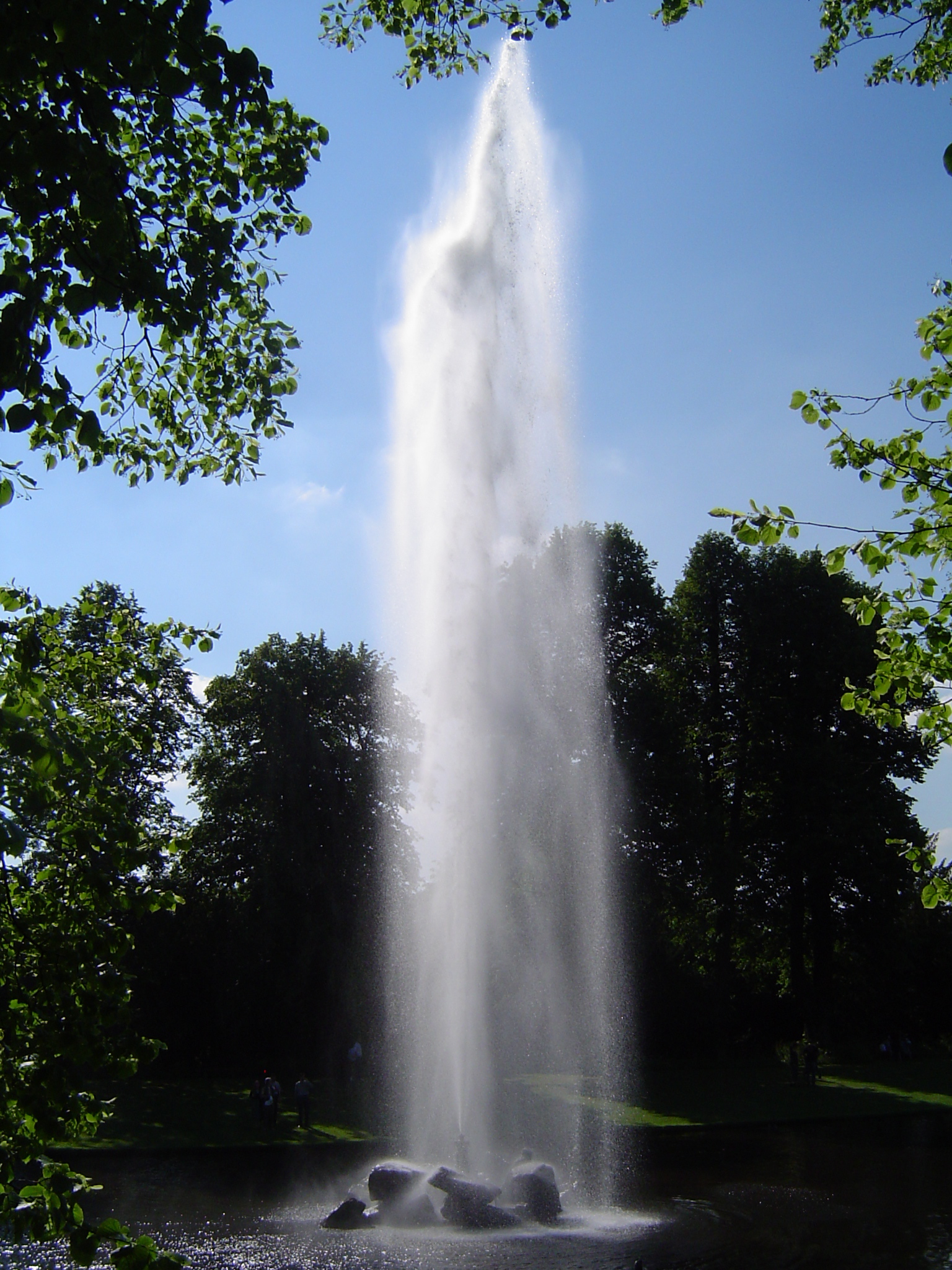|
1st Duke Of Devonshire
William Cavendish, 1st Duke of Devonshire, (25 January 164018 August 1707) was an English soldier, nobleman, and Whig politician who sat in the House of Commons from 1661 to 1684 when he inherited his father's peerage as Earl of Devonshire. He was part of the "Immortal Seven" group that invited William III, Prince of Orange to depose James II of England as monarch during the Glorious Revolution, and was rewarded with the elevation to Duke of Devonshire in 1694. Life Cavendish was the son of William Cavendish, 3rd Earl of Devonshire, and his wife Lady Elizabeth Cecil. After completing his education he made the customary tour of Europe, and then in 1661, he was elected Member of Parliament for Derbyshire in the Cavalier Parliament. He was a Whig under Charles II of England and James II of England and was leader of the anti-court and anti-Catholic party in the House of Commons, where he served as Lord Cavendish. In 1678 he was one of the committee appointed to draw up articl ... [...More Info...] [...Related Items...] OR: [Wikipedia] [Google] [Baidu] |
His Grace
His Grace or Her Grace is an English Style (manner of address), style used for various high-ranking personages. It was the style used to address English monarchs until Henry VIII and the Scottish monarchs up to the Act of Union (1707), Act of Union of 1707, which united the Kingdom of Scotland and the Kingdom of England. Today, the style is used when referring to archbishops and non-royal dukes and duchesses in the United Kingdom. Examples of usage include His Grace The Duke of Norfolk; His Grace The Lord Archbishop of Canterbury; or "Your Grace" in spoken or written address. As a style of Dukes in the United Kingdom, British dukes it is an abbreviation of the full formal style "The Most High, Noble and Potent Prince His Grace". Royal dukes, for example Prince Edward, Duke of Kent, are addressed with their higher royal style, Royal Highness. The Duchess of Windsor was styled "Your Grace" and not Royal Highness upon marriage to Prince Edward, Duke of Windsor. Ecclesiastical usage ... [...More Info...] [...Related Items...] OR: [Wikipedia] [Google] [Baidu] |
